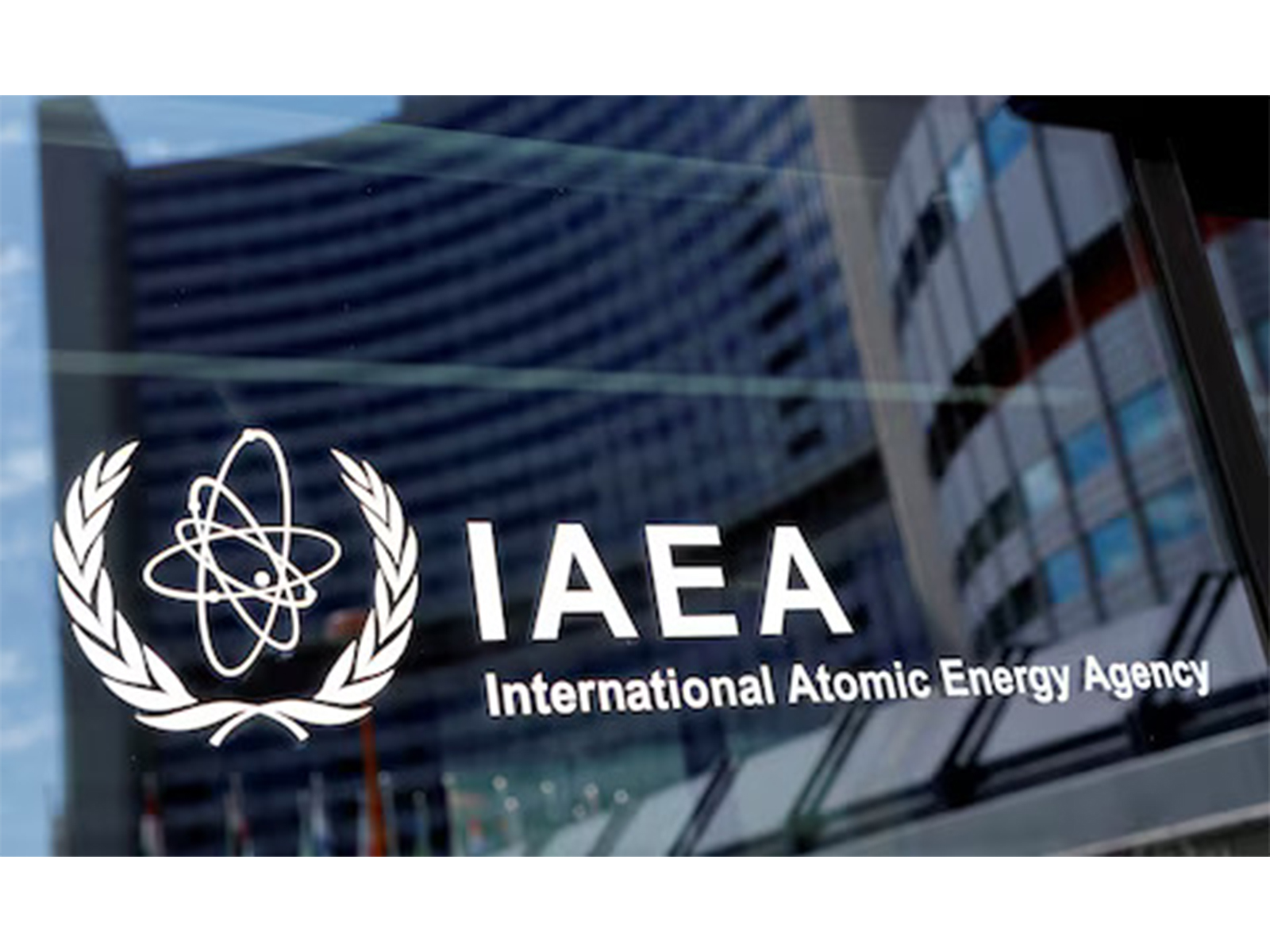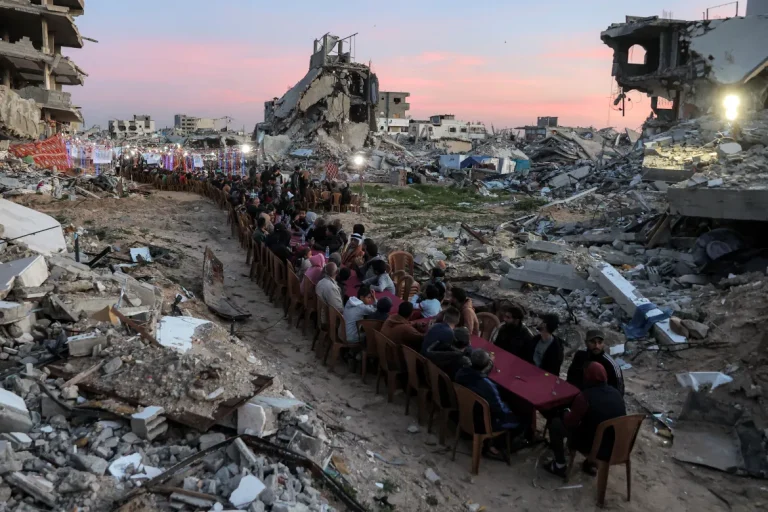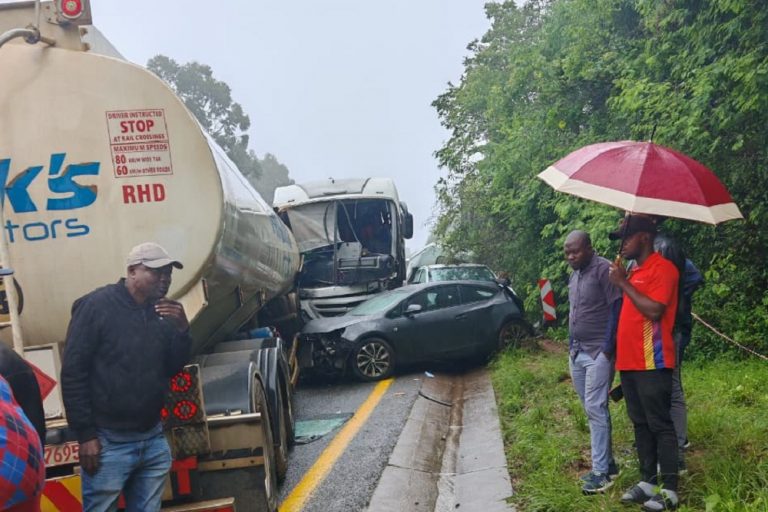
Iran's Chief of Atomic Organization addresses the IAEA General Conference in Vienna as Tehran pushes for resolution to ban attacks on nuclear facilities. Image: The Sunday Guardian.
(The Post News) – Iran and its allies are advancing a resolution at the International Atomic Energy Agency (IAEA) General Conference in Vienna to ban attacks on nuclear sites put under UN safeguards. The move came after US and Israeli air attacks against Iranian nuclear facilities in June that resulted in more than 1,000 fatalities and trillions of dollars in damage.
Iran’s delegation, led by Atomic Energy Organization chief Mohammad Eslami, urged the IAEA to condemn so-called “dangerous and illegal” attacks. Eslami accused the agency of double standards for taking no action over the attacks on Iran while swiftly condemning Russian shelling of Ukraine’s Zaporizhzhia nuclear plant.
“Our atomic program will not be eliminated through military action,” Eslami told delegates. “The inaction of the agency following these attacks smirches its record.”
Iran and Allies Table Draft Resolution
Iran, supported by China, Russia, Venezuela, Nicaragua, and Belarus, submitted a draft resolution that condemned the June attacks. The language invites nuclear facilities under IAEA oversight, “must not be the target of any attack or threat of an attack.”
Foreign Ministry spokesperson Esmaeil Baghaei said the resolution is in the direction of the Non-Proliferation Treaty (NPT) and the free right of all nations to utilize peaceful nuclear energy. “It’s about time for the world to take firm measures against the legalization of lawlessness,” he wrote on X.
Deputy nuclear chief Behrouz Kamalvandi accused Washington of lobbying member states into vetoing the plan, even going so far as to threaten cutting IAEA funds. Tehran cited UN Security Council Resolution 487 (1981), which condemned Israel’s bombing of Iraq’s Osirak reactor, and previous IAEA resolutions in 1985 and 1990 protecting safeguarded facilities as a pretext for its draft.
The talks coincide with Iran’s initial agreement with IAEA Director General Rafael Grossi to restore monitoring at bomb-damaged sites, including Fordow, Natanz, and Isfahan. Iran’s Supreme National Security Council approved the deal but warned inspections would halt if belligerent actions resumed or UN sanctions were triggered back into effect.
Grossi appealed to Tehran to act quickly: “A return of IAEA inspectors would be a good sign that agreements and understandings are possible.” Tehran’s hardline lawmakers, however, oppose resumed inspections on the grounds that they could expose facilities to more Israeli and US strikes.
The June conflict erupted after the IAEA accused Iran of breaching safeguards, leading to Israeli strikes on June 13 and US strikes on June 22. Washington brokered a ceasefire two days later, but tensions remain high as France, Germany, and the UK continue to pursue the UN “snapback” mechanism that can restore sanctions on Iran on October 18.
Iran’s resolution will not pass, but Eslami described the attempt as showing the decay of international norms: “Even though this resolution may not be adopted, it certifies that the UN Charter has been violated in the strongest sense.”



